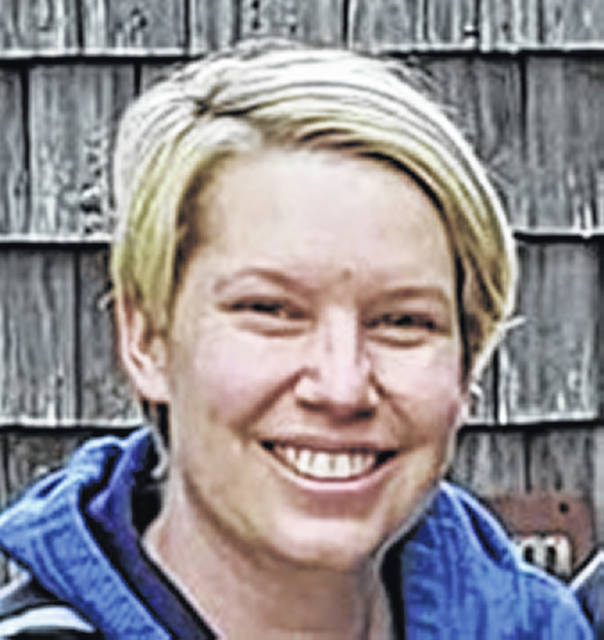
The way in which Gideon’s story ends is markedly different from how it began.
In Judges 6 and 7, Gideon was in nearly constant contact with God. He was building that relationship — asking God for reassurance and for clarity, and learning to trust in Him.
By the time that we get to Judges 8, however, all of that has changed. Gideon’s relationship with God has gone missing from the story entirely. In Judges 8, all of Gideon’s actions are driven by selfish ambition, and by reckless pride. He exacts revenge on the kings of Midian — killing an entire village in the process — and builds an idol from the war spoils that he has collected.
Gideon’s idolatry eventually drags all of Israel down with him. It’s so interesting — Gideon’s cautious, questioning trust in God in chapters 6 and 7 is what made him a hero of faith. And it’s his blind, careless trust in himself in chapter 8 that leads to his downfall.
If we’re completely honest with ourselves, though, we will find that Gideon is not alone in this particular weakness.
How often have we placed our will ahead of God’s? How often have we been sucked in by affirmation, applause, arrogance, and ambition—only to discover that the Spirit does not abide there?
How often have we chased after the rewards of the world, rather than the rewards of the Kingdom? How often have we gone too far with something, because we stopped listening to God shortly after receiving the initial call?
Putting our trust in the wrong places is a very human thing to do, if for no reason other than that it’s easy.
But Jesus does not call us to “easy”. The Gospel is many things, but easy is not one of them. The Christian life is one of surrender and of humility — handing over what we want to do, or what we think is best to God.
To follow Jesus means to constantly be living in a state of taking up your crosses and following Him. It means to relinquish control and all forms of self-interest in exchange for God.
Faithfulness to God requires us to wake up every single morning and to pray, “Not my will, but yours be done.”
So, what could that look like for you in your lives, Friends? How could putting God first change your story? How could it change the stories of those around you?
Could it look like more prayer, more discernment, and less impulsiveness? Could it look like finally saying “yes” to that thing that God has been persistently asking you to do? Could it look like being less apt to speak, and more apt to listen first?
Could it look like making peace with the fact that you aren’t in charge? Could it look a lot like Gideon at the beginning of his story, investing in His relationship with God, and growing closer to Him?
How about becoming willing to let go of the things that you think you want for your life, and trusting what God has marked out instead?
There are many different directions in which you could choose to go with this. Where is God leading you first?
Overall, there a lot of positive takeaways from Gideon’s story. It has a lot to teach us about faith, grace, community, and who God is.
But today, let’s learn from Gideon’s mistakes. Let’s exchange our will for God’s, and commit ourselves to a life of humble discipleship.
Hannah Lutz is Pastor of Ada Chapel Friends Meeting.


